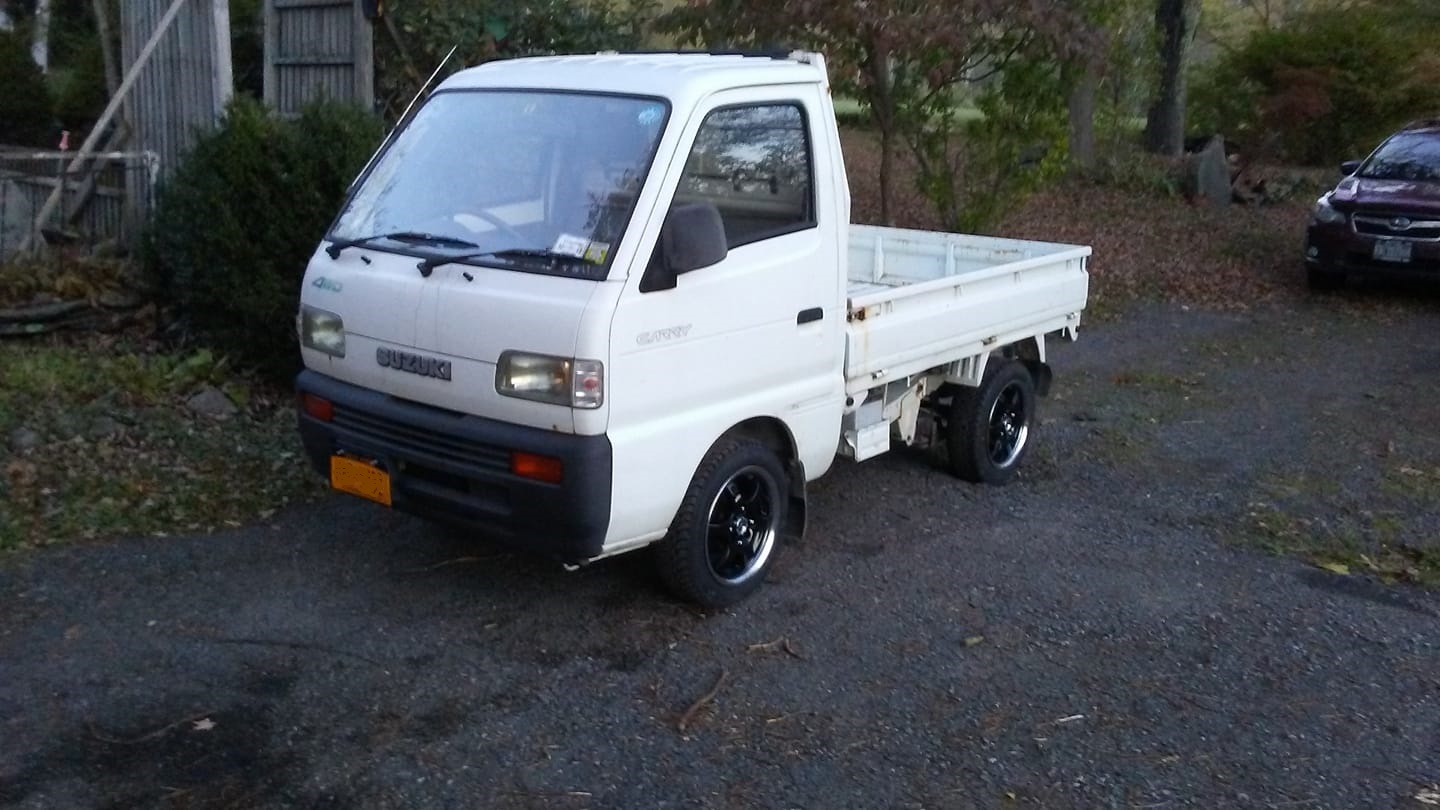It's not just cars. Same problem with most home appliances.
Government energy mandates require increasingly better energy efficiency.
Companies have to redesign the parts every few years to meet the latest standards.
After about 6 years, parts are generally not available because they don't make the old parts any more.
These energy mandates also increase the costs, so the manufactures cut corners to try and make the prices more competitive.
The result is that the average refrigerator will only last 6 years, and if it breaks after that you will probably not be able to find the parts to fix it.
My mom's 36 year old fridge still works fine. I also have a couple mini fridges that are at least 25 years old that also work fine.
Had to retire my washer after 35 years due to a leak. Still worked fine, but it I was unable to replace the seal since I couldn't get it apart due to the rust.
While new appliances might save money during use, they end up wasting just as much or more energy since they have to be replaced more often.
Government energy mandates require increasingly better energy efficiency.
Companies have to redesign the parts every few years to meet the latest standards.
After about 6 years, parts are generally not available because they don't make the old parts any more.
These energy mandates also increase the costs, so the manufactures cut corners to try and make the prices more competitive.
The result is that the average refrigerator will only last 6 years, and if it breaks after that you will probably not be able to find the parts to fix it.
My mom's 36 year old fridge still works fine. I also have a couple mini fridges that are at least 25 years old that also work fine.
Had to retire my washer after 35 years due to a leak. Still worked fine, but it I was unable to replace the seal since I couldn't get it apart due to the rust.
While new appliances might save money during use, they end up wasting just as much or more energy since they have to be replaced more often.
![[H]ard|Forum](/styles/hardforum/xenforo/logo_dark.png)
